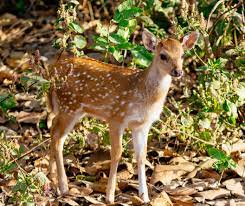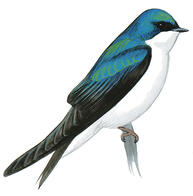Reasons Your Puppy Is Not Eating

Pet owners expect the worst when a puppy isn’t eating their portion. Questioning the choice of feed, serving utensils, and even the amount of food is only a few steps away. If a puppy isn’t eating as enthusiastically as expected, ensuring that the puppy is healthy is the first thing to do.
The next best thing to try is to switch to a better feed, such as Ziwi Peak dog food. Based on the puppy’s age, there are various reasons that you might need to look into while trying to fix your pet’s appetite.
Reasons Why Your Puppy Isn’t Eating
Like most human beings, even a pet’s appetite is prone to change occasionally. Most of the reasons that cause a fluctuation in a puppy’s diet can be corrected if identified in time.
1. Indigestion
Perhaps your puppy’s system may not have fully digested the kibble you fed them. Paying close attention to your pet’s bowel movements can tell you if indigestion and stomach upsets are making your puppy less hungry.
At the same time, check if the young furry friend has ingested something they shouldn’t have. This can be a small part of their chew toy or a trinket they snuck into their mouth.
2. Oral Discomfort
You can’t eat properly when you have a toothache, and your puppy is no different. If your puppy chewed on a toy too hard or accidentally bit something tough, their tooth might feel sensitive or even chip.
Other conditions like severe gingivitis or teething pains can cause discomfort in their mouths and prevent them from enjoying a meal.
3. Medical Conditions
You might have tried to keep your new puppy safe from contagious diseases by immunising them. While vaccines have a positive effect, some puppies might face side effects like lack of appetite due to the shot. Usually, these resolve on their own soon.
In other cases, organ damage from trauma or congenital organ dysfunction can affect puppies as they grow. The kidneys and the liver are the primary sites of complication here and deserve attention if your puppy is not eating.
4. Anxiety or Stress
Puppies who have just been brought home might face some issues adjusting to the new place and people. Shy puppies find this highly stressful, and the anxiety can cause inappetence. Truth be told, puppies have preferences too. Some might not like the texture of the food served, while others might not find the smell appealing.
Try mixing up varieties of feed from Ziwi Peak dog food to see what works for your pet.
Should I Be Worried Your Puppy Isn’t Eating?
Unlike an adult dog, young puppies have not developed fat reserves yet to derive energy. That is why a puppy being disinterested in their meals requires more attention from their caregivers.
Depending on the breed, a lack of proper food for more than 12 hours can result in dehydration and hypoglycemia in your furry friend.
Also, if you are using the dietary guidelines on the feed you purchase as the frame of reference, understand that it is an average value, and conforming to that is not a must.
Final Thoughts
Seeing your puppy walk away without eating their fill can be worrying. Cases of bowel distress, indigestion, or even anxiety can cause puppies to show lesser appetites. Consulting with a veterinarian is the best way to ensure the puppy’s wellbeing.
If your pet is showing a lack of appetite without having snacked earlier, get an expert’s advice so that your friend can get all the nutrients they require to grow.
Read More: The Terrier Chihuahua Mix




